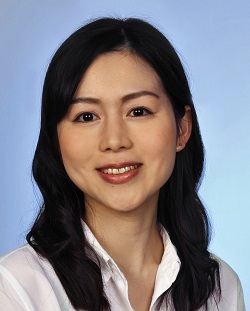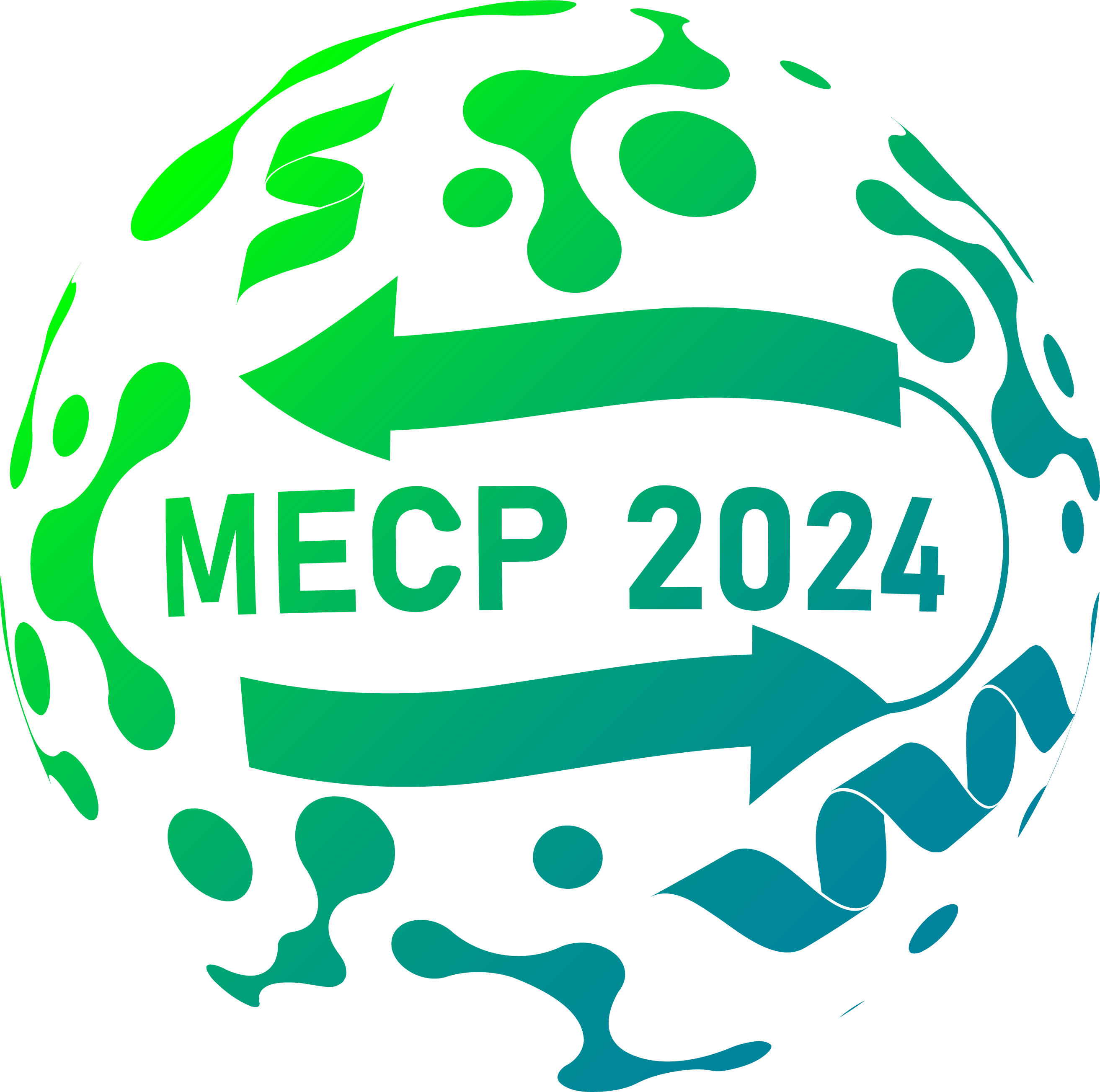
Mariko Teshima
Technical University of Munich
Evolving an NAD+-Dependent Enzyme by Microfluidic UHT Screening for Applications in Cell-Free Enzyme Cascades
Reducing the dependence on fossil resources and transforming the fossil-based chemical industry into a more environmentally friendly one are important aspects to address the challenges of a sustainable bioeconomy. In previous work, we proposed the utilization of glucose (obtainable from lignocellulosic biomass) to produce ethanol or the branched-chain higher alcohol isobutanol in a cell-free multi-enzymatic cascade.[1]
To debottleneck this proof-of-concept system, we focused on the previously used glyceraldehyde dehydrogenase (GADH) from the archaeal non-phosphorylative Entner-Doudoroff pathway and started a successive genome mining in the ALDH superfamily. Two rounds of genome mining successfully yielded two promising candidates, HsALDH with a 24-fold increase in Vmax compared to the starting enzyme, the M42 variant of GADH from Thermoplasma acidophilum[2], but losing its half-life at 50 °C in three minutes, and TriALDH with a medium Vmax (~53%) but showing an increase of ~30 °C in Tm and higher tolerance to organic solvents (e.g. no negative effect of ethanol up to 10% (v/v)). After optimization of substrate selectivity (unspecific conversion was reduced to 3.6%) by semi-rational design, two optimized GADH variants showed great performance in the in vitro ethanol cascade, achieving a final titer of ~4.9% (v/v) and up to 98.7% molar product yield.
To increase the thermostability of HsALDH, we performed a microfluidic high-throughput screening (HTS) with 63,000 variants. Along with purification tag engineering, we were able to extend the half-life of the enzyme at 50 °C from 3 minutes to 12.6 hours (~250-fold improvement) without significant loss of activity. The mutations identified in the first microfluidic screening were then efficiently shuffled in the second combinatorial library to generate further variants with additional desirable properties (e.g. higher isobutanol tolerance, increased kcat/Km). Finally, the engineered ALDH variants were implemented in further cell-free multi-enzymatic cascades for the sustainable production of platform chemicals.
__________
[1] J. K. Guterl, D. Garbe, J. Carsten, F. Steffler, B. Sommer, S. Reisse, A. Philipp, M. Haack, B. Ruhmann, A. Koltermann, U. Kettling, T. Bruck, V. Sieber, ChemSusChem 2012, 5, 2165-2172.
[2] T. J. Gmelch, J. M. Sperl, V. Sieber, ACS Synth Biol 2020.
_________
View Abstract as PDF:
_________
Tue. April 16 | 11:00 – 11:20 hrs – Evolving an NAD+-Dependent Enzyme by Microfluidic UHT Screening for Applications in Cell-Free Enzyme Cascades
